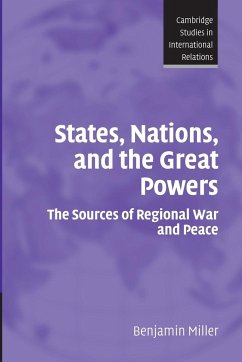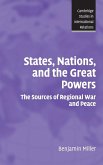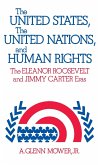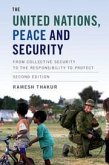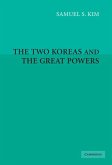Why are some regions prone to war while others remain at peace? What conditions cause regions to move from peace to war and vice versa? This book offers a novel theoretical explanation for the differences in levels of and transitions between war and peace. The author distinguishes between 'hot' and 'cold' outcomes, depending on intensity of the war or the peace, and then uses three key concepts (state, nation, and the international system) to argue that it is the specific balance between states and nations in different regions that determines the hot or warm outcomes: the lower the balance, the higher the war proneness of the region, while the higher the balance, the warmer the peace. The international systematic factors, for their part, affect only the cold outcomes of cold war and cold peace. The theory of regional war and peace developed in this book is examined through case-studies of the post-1945 Middle East, the Balkans and South America in the nineteenth and twentieth centuries, and post-1945 Western Europe. It uses comparative data from all regions and concludes by proposing ideas on how to promote peace in war-torn regions.
Hinweis: Dieser Artikel kann nur an eine deutsche Lieferadresse ausgeliefert werden.
Hinweis: Dieser Artikel kann nur an eine deutsche Lieferadresse ausgeliefert werden.
‘Benjamin Miller has written an ambitious book explaining why some regions of the world are more peaceful than others. His claim that it is due to a combination of factors relating to nationalism and great-power competition is innovative as well as compelling. This important book will be widely read and widely cited.’ John J. Mearsheimer, R. Wendell Harrison Distinguished Service Professor, University of Chicago

